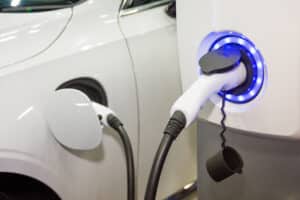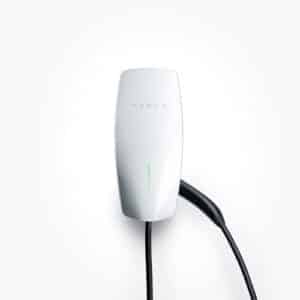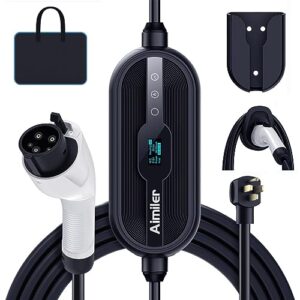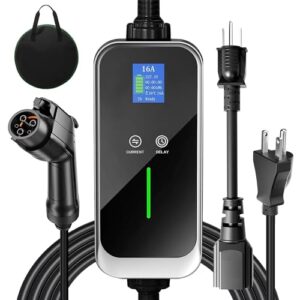Can an Electric Vehicle be Charged at Home?
Key Takeaways
- Charging an electric vehicle at home offers convenience and dependability, allowing owners to charge their cars whenever they want without waiting in line or searching for a charging station.
- Charging an electric vehicle at home can save money in the long run by taking advantage of off-peak hours when electricity rates are lower.
- Having a home charger can add value to your property, making it more attractive to potential buyers or renters who own electric vehicles.
Yes, electric vehicles can be charged at home. In fact, charging an electric vehicle at home has several advantages, making it a popular choice for many electric vehicle owners. Let’s explore the benefits and drawbacks of charging an electric vehicle at home in detail.
Advantages of Charging an Electric Vehicle at Home
1. Convenience and Dependability
One of the primary advantages of charging an electric vehicle at home is the convenience and dependability it offers. With a home charger, you can charge your car whenever you want, without waiting in line or searching for a charging station. This eliminates the need to plan your trips around charging stops, providing greater flexibility and peace of mind.
2. Cost-effectiveness
Charging an electric vehicle at home can save money in the long run. By taking advantage of off-peak hours when electricity rates are lower, you can significantly reduce your charging costs. According to Lifewire, the average residential cost for electricity is under 14 cents per kilowatt-hour, and fully refueling a car with a 90-kWh battery would add less than $13 to a monthly electric bill.
3. Higher Property Value
Having a home charger can also add value to your property. As the popularity of electric vehicles continues to grow, the demand for at-home chargers is increasing. By having a charging solution readily available, your property becomes more attractive to potential buyers or renters who own electric vehicles.
4. Tax Credit
Another advantage of installing a home charger is the potential eligibility for a tax credit. Depending on your jurisdiction, you may be able to claim a tax credit at the end of the year for the installation of a home charger, further offsetting the initial costs.
Drawbacks of Charging an Electric Vehicle at Home
1. Potentially Lengthy Charging Times
One drawback of charging an electric vehicle at home is the potentially lengthy charging times. The speed of charging depends on the charger you choose, and some chargers may take longer to fully charge your vehicle. However, specific details about charging times, charger types, or statistics are not provided in the given information.
Conclusion
Charging an electric vehicle at home offers numerous advantages, including convenience, cost-effectiveness, increased property value, and potential tax credits. While there may be drawbacks such as potentially lengthy charging times, the benefits outweigh the disadvantages for many electric vehicle owners.
Related Websites:
FAQs:
Q: Can I charge an electric vehicle at home?
Yes, electric vehicles can be charged at home. In fact, home charging is the primary method for most electric vehicle owners.
Q: What are the benefits of charging an electric vehicle at home?
Charging an electric vehicle at home offers several benefits, including cost savings and convenience. You can charge overnight and wake up to a fully charged vehicle.
Q: What types of electric vehicle chargers are available?
There are different types of electric vehicle chargers available in the market. These include Level 1, Level 2, and DC Fast Charging. Each charger type has varying charging speeds and capabilities.
Q: How long does it take to charge an electric vehicle at home?
The charging time for an electric vehicle at home depends on factors such as battery capacity and charger capabilities. On average, it takes several hours to fully charge an electric vehicle at home.
Q: Are there public charging stations available?
Yes, public charging stations exist and play a role in charging electric vehicles. However, home charging is the primary method for most electric vehicle owners.






